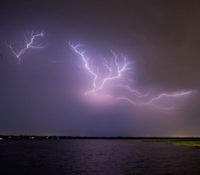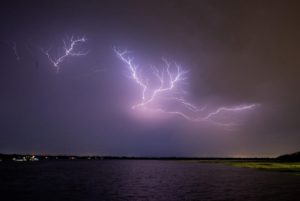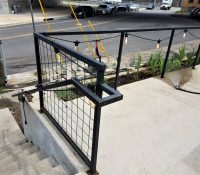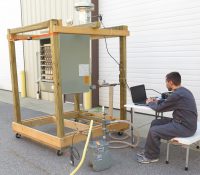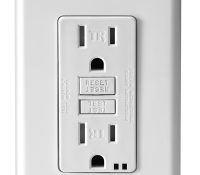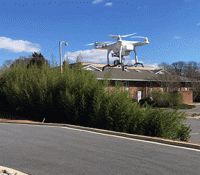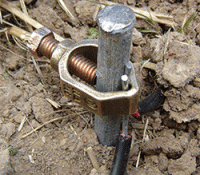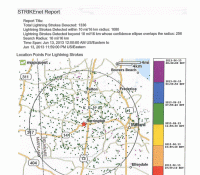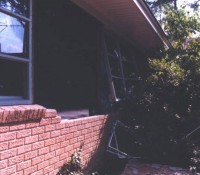In a Flash – The Transfer of Energies in Our Global Electrical System
According to published weather data for the year 2019, 2.35 billion lightning strikes were recorded across the world, with 223 million of these in the United States. The movement of atmosphere causes electrical charges to build up between clouds. A tipping point is reached where the insulating properties of the air cannot withstand the level of energy and a discharge occurs.



